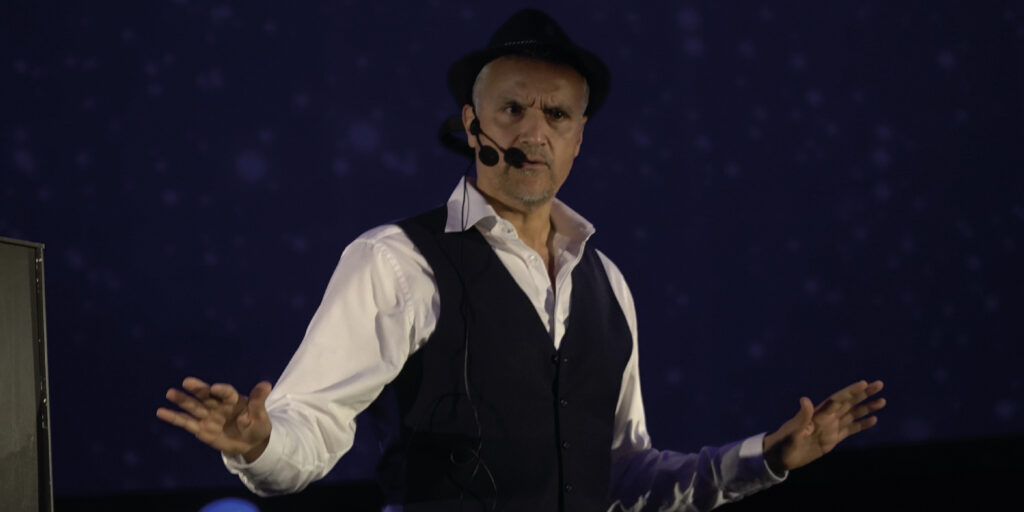
Interview with Carl Honoré in Buenos Aires
– What makes the SLOW philosophy stand out?
The “Slow” philosophy is not an extremism of slowness but it is doing and thinking things in the right time, in the “right tempo”, at a more human pace, a paradigm shift that involves doing one thing at a time but in fullness, as best as possible, privileging quality over quantity. The Slow movement is having an impact in all areas, in the corporate world, in education, in tourism and even in business!!!! In a world addicted to speed, slowness is a superpower.
– How was your experience at the Planetarium? What did you like about the event?
The unusual shape of the room generated a more playful energy than you find at most conferences. I loved how the attendees were eager to ask questions and share their own views. And that not everyone agreed on everything – debate is what moves humanity forward!
To me, it felt like everyone at the event was eager to reinvent education for the 21st century.
– What is your opinion of our work? What does COLEGIO magazine contribute to the educational community from your point of view?
I am a big admirer of your work!
There is no permanent magic formula for education: society is constantly changing and schools need to change with it. To navigate that never-ending evolution we need a magazine that asks the hard questions and keeps an open mind about the answers. That is what Colegio offers.
I especially like that the magazine is free. Cutting-edge ideas on how to improve education should be available to all. That is the only way to create a world that is both fair and sustainable.
– Would you like us to generate a proposal to the schools in our community so that they become AMBASSADORS of the SLOW philosophy? In your opinion, what should we promote and what should they commit to?
I would love that!
We should create a program where each school nominates at least one Slow Ambassador. Their job would be to bring the Slow philosophy to pupils, parents and teachers. That means creating an environment that respects the rhythms of every person and where everyone has enough time and freedom to reflect, recharge and connect with others.
– How did you see the country compared to your last visit? Would you like to return next year to Argentina and share a panel with Santiago Kovadloff and other thinkers?
Buenos Aires was looking particularly beautiful in the spring sunshine! But it always saddens me to see Argentina in an economic mess. I found it tragic seeing so many people trading dollars on the streets – what a terrible waste of human potential!
But I also found Buenos Aires as intellectually stimulating as ever. It is a city of ideas and words and debate – my kind of city! And despite all the problems that assail the country I always find many Argentines eager to find ways to build a better future.
I would love to return to share a panel with Santiago Kovadloff and other thinkers! Spending time in the intellectual cauldron that is Buenos Aires always brings me new ideas and sharpens my own thinking.
– Perhaps some people do not have the possibility to reflect that slowness is a superpower because they suffer from basic needs or because they are immersed in work stress that conditions them. What is your view in this case? What advice would you give to people who run through life instead of living it?
Clearly, everything is harder when you are poor or lack control over your own time. To create a truly Slow world we need a more fair distribution of wealth. We need to have a global debate about how to reinvent the economic system so that it allows everyone the chance to slow down and live a healthy and happy life.
That said, most people can find at least some small ways to slow down.
Let me give you an example. On average, Argentines spend one hour more a day looking at social media than the worldwide average. One way to slow down is to spend less time scrolling through Tik Tok or Instagram and more time indulging in slow pursuits that cost little or nothing, such as walking in nature, having a deep conversation with a loved one or reading a book.
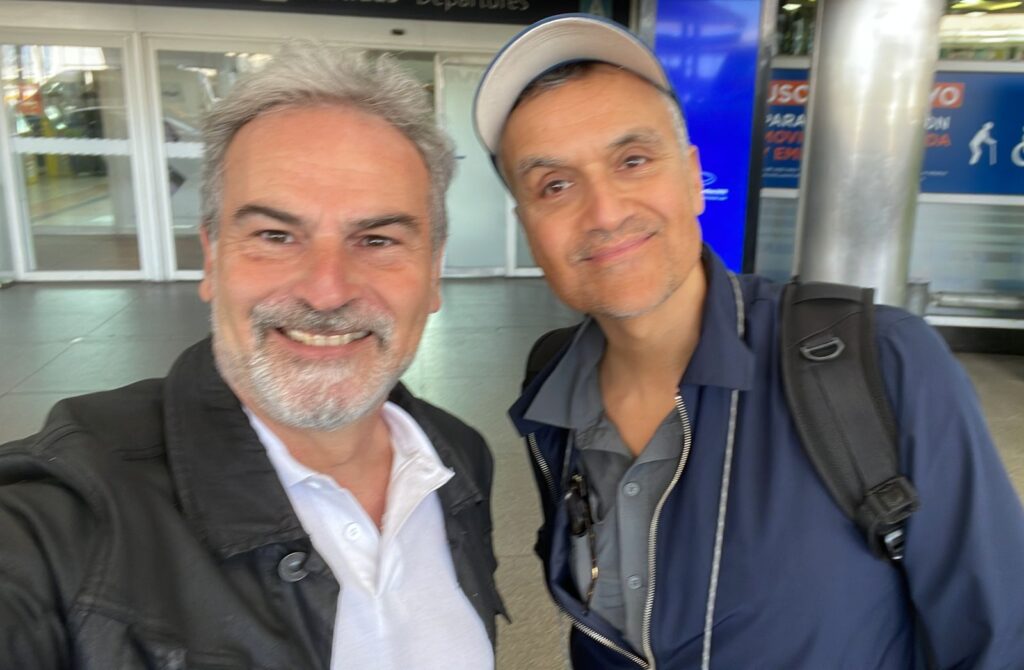
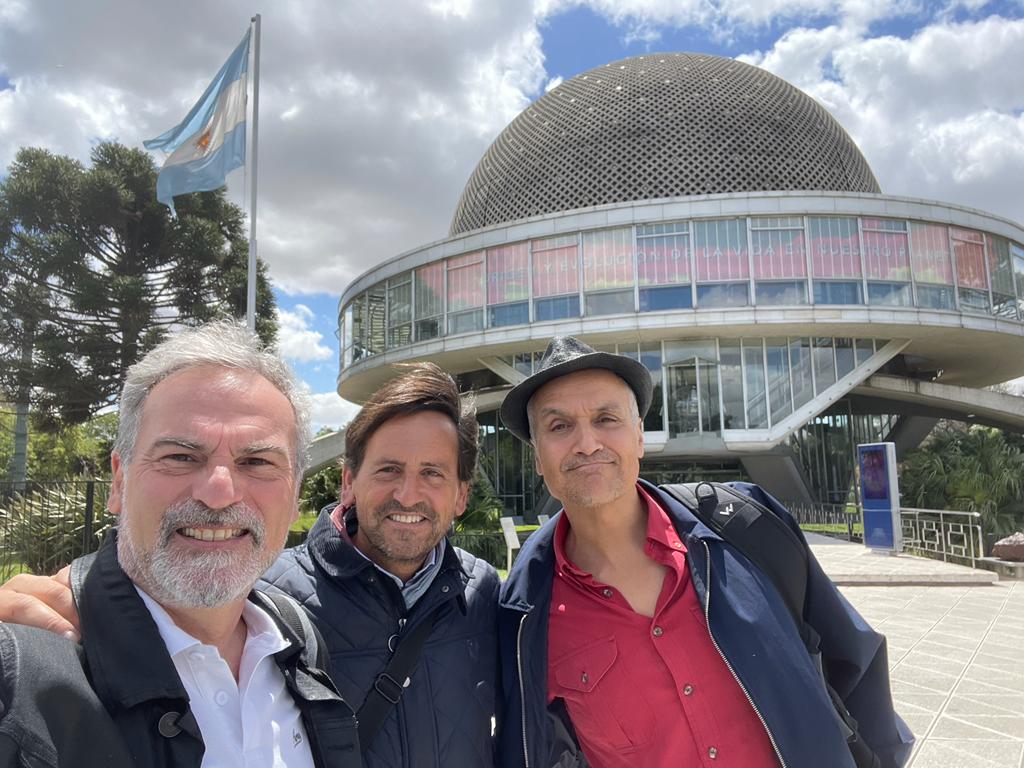
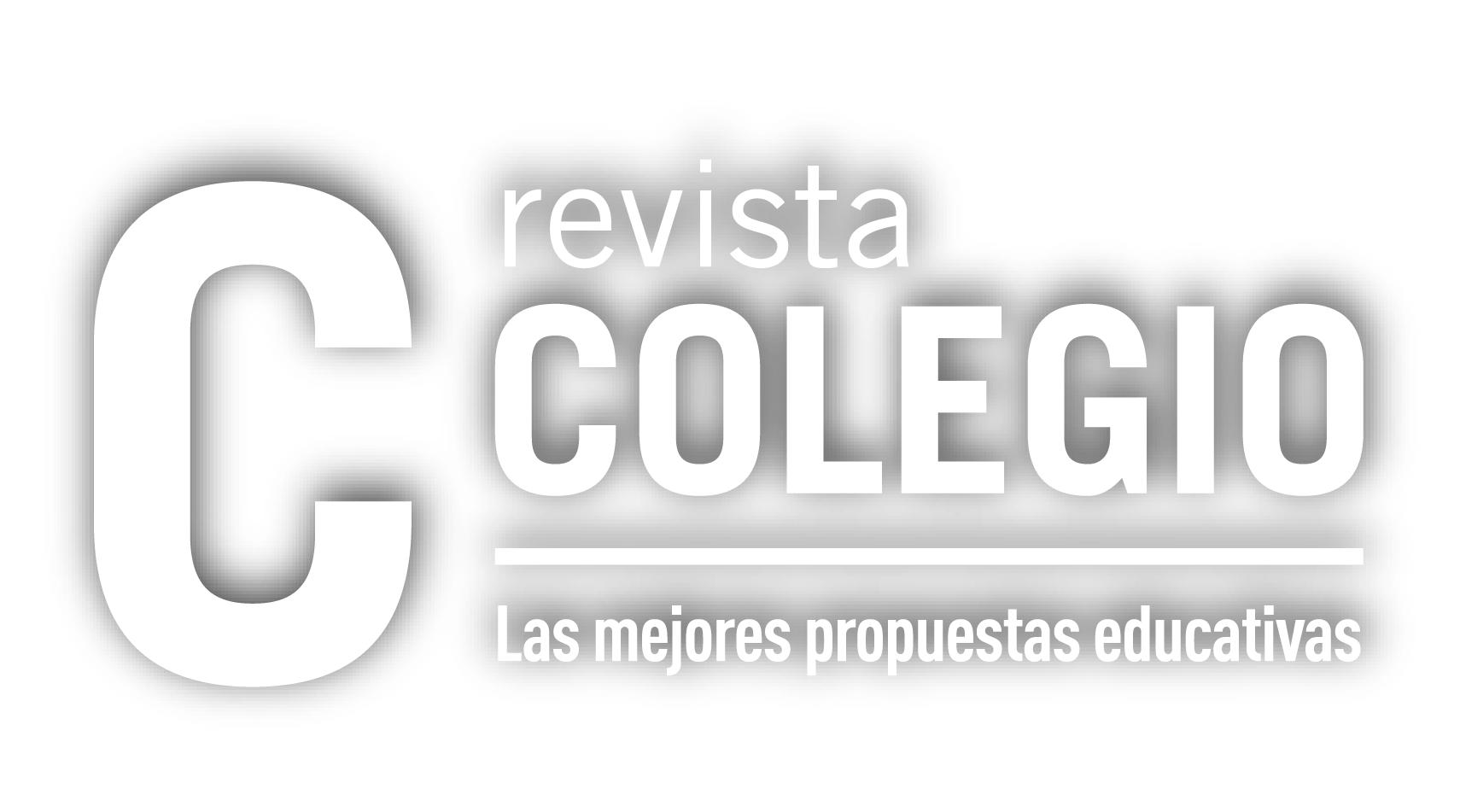
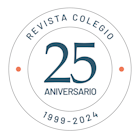




Notas Relacionadas
Me niego profundamentea dejar de ser abeja
El Polo Educativo Pilar lanza el reconocimiento al Educador del Año 2024
Abrió la inscripción al VIII Congreso de Neuro Tecnopedagogías y Coaching